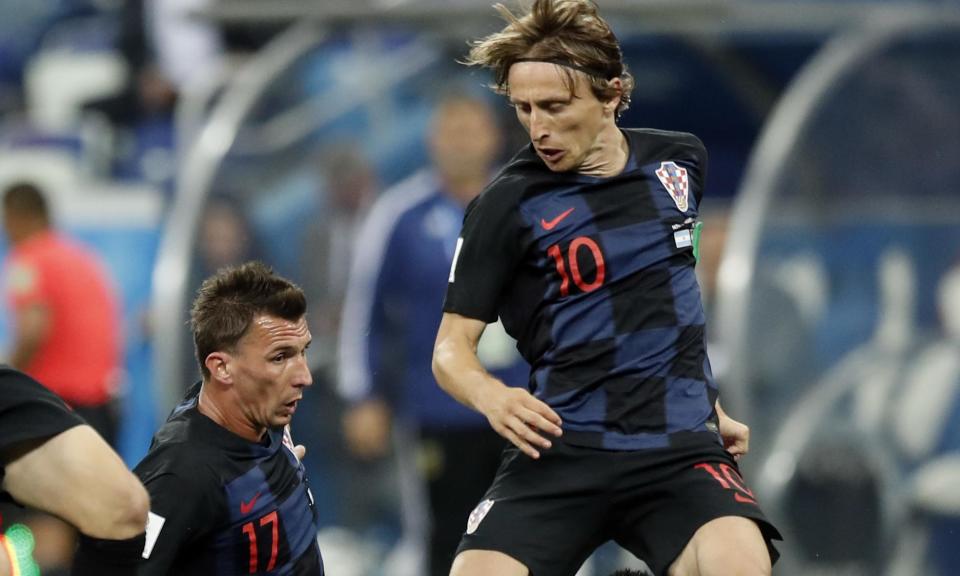How Croatia’s Luka Modric overcame the murder of his grandad to become a global superstar

Luka Modric overcame family tragedy and a difficult childhood to achieve his dream to become a professional football.
At six, Modric’s father was killed by a militia in Croatia, and he became a refugee throughout part of the Yugoslavian civil war.
Despite that, he was able to go on to play for Tottenham Hotspur before joining Real Madrid, and has represented him company, earning 111 caps since making his debut in 2006.
In the village of Modrici, on 8 December 1991, Serbian militants attacked residents who had not yet left due to the conflict. One of the victims was Modric’s grandfather, also called Luka Modric. He died along with five other villagers as he was walking his cattle, a method of intimidating any other villagers who had not yet left.
Modric’s grandfather was at the time his father figure in many respects, raising the child while his parents worked in a clothing factory to make ends meet. Soon after his grandfather’s death, his parents left to take refuge in Zadar, on the Croatian coast.
Despite the ongoing war in Croatia and elsewhere, Modric continued to practise with a small, damaged football as he pursued his dream with resolute determination.
In 2008, after signing for Spurs, Modric shed a modicum of light on how hard his childhood had been:
“When the war started we became refugees and it was a really tough time.
“I was six years old. These were really hard times. I remember them vividly but it’s not something you want to remember or think about.
READ MORE: Neymar – world-class flop or Brazil legend in waiting?
READ MORE: Why Arsene Wenger turned down the chance to sign Harry Maguire for Arsenal
READ MORE: There could soon be a Dele Alley in Norfolk to mark England’s World Cup heroics
“We lived in a hotel for many years as we struggled financially, but I always loved football. I remember my first shin pads had the Brazilian Ronaldo on them and I loved them.
“The war made me stronger, it was a very hard time for me and my family. I don’t want to drag that with me forever, but I don’t want to forget about it either.”
Before making his way to London and joining Spurs, he earned a trial at Dinamo Zagreb before breaking into the first time, playing for the first team 128 times.



